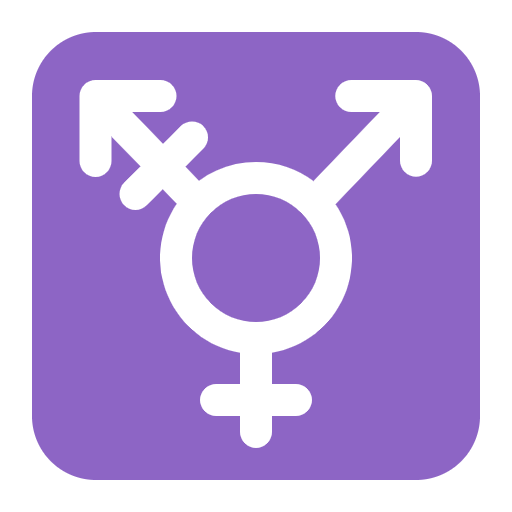Comprehensive Guide on the Name “Charlie”

Charlie
Meaning: Freedom / Gender: Neutral / Pronunciation: CHAR-lee
Origin and Historical Background
The name Charlie is an English diminutive form of Charles, which comes from the Germanic name Karl, meaning “free man.” The name Karl was popularized by Charlemagne (Charles the Great), the King of the Franks and Lombards and Emperor of the Romans. Charlie, as a standalone name, has been widely used in the English-speaking world for centuries. With its roots deeply embedded in notions of freedom and independence, Charlie carries a rich historical significance that has transcended time and culture.
Meaning and Cultural Significance
The name Charlie evokes a sense of freedom, liberty, and independence. It signifies a spirited, liberated personality who embodies autonomy and self-determination. For expectant parents, choosing the name Charlie could symbolize their wish for their child to grow up as a free-thinking individual, unencumbered by societal constraints. The name also has a warm, approachable quality, making it a popular choice for both boys and girls.
Famous Historical Figures with the Name Charlie
1. Charlie Chaplin
- Historical Era: Early to mid-20th century
- Key Contributions: Iconic actor, filmmaker, and composer
- Cultural Impact: As one of the most pivotal figures in cinematic history, Charlie Chaplin is credited with shaping the silent film industry. His timeless works, such as “The Tramp,” continue to be celebrated for their humor and social commentary.
2. Charlie Parker
- Historical Era: Mid-20th Century
- Key Contributions: Revolutionary jazz saxophonist and composer
- Cultural Impact: Known as “Bird,” Charlie Parker played a key role in the development of bebop, a complex and fast-paced style of jazz. His innovative approaches to harmony and rhythm have left an enduring legacy in the world of music.
Usage Over Time
The name Charlie has seen fluctuating popularity over the decades. It has been a staple in English-speaking countries, particularly in the United States and the United Kingdom. According to the Social Security Administration, its popularity has seen a resurgence in recent years. In 2020, Charlie ranked as the 125th most popular name for boys and the 152nd for girls in the United States, showing its appeal as a versatile, unisex name.
Pronunciation Guide
Charlie is pronounced as CHAR-lee. The emphasis is on the first syllable, “CHAR,” which is pronounced like “car” with an initial “ch” sound. The second syllable, “lee,” is straightforward and adds a gentle, melodic touch to the name.
Biblical Context
While Charlie itself is not a biblical name, it is derived from Charles, which can be indirectly connected to biblical themes of freedom and leadership. The concept of freedom is prevalent in numerous biblical passages, and many biblical figures exemplify traits of independence and leadership, qualities that could be associated with the name’s meaning.
Additional Unique Information
Numerology
In numerology, the name Charlie resonates with the number 5, which signifies adventure, freedom, and change.
Variations
Charlie has several variations including Charley, Charly, and Chaz.
Cultural Variants
The name is used globally with minor variations, such as “Carl” in Germany, “Carlos” in Spanish-speaking countries, and “Carlo” in Italy.
Popularity
According to the Social Security Administration’s baby names database, Charlie has seen various levels of popularity over the decades. For instance, in the 1950s, Charlie was a more common name for boys, while its popularity waned slightly in the subsequent decades. However, the 2000s and 2010s saw a resurgence in its usage, making it a cherished and versatile name for both boys and girls.
Conclusion
Charlie is a timeless, versatile name that embodies the spirit of freedom and independence. With its warm, approachable quality and rich historical background, it remains a beloved choice for expectant parents seeking a name that promises both strength and charm.

